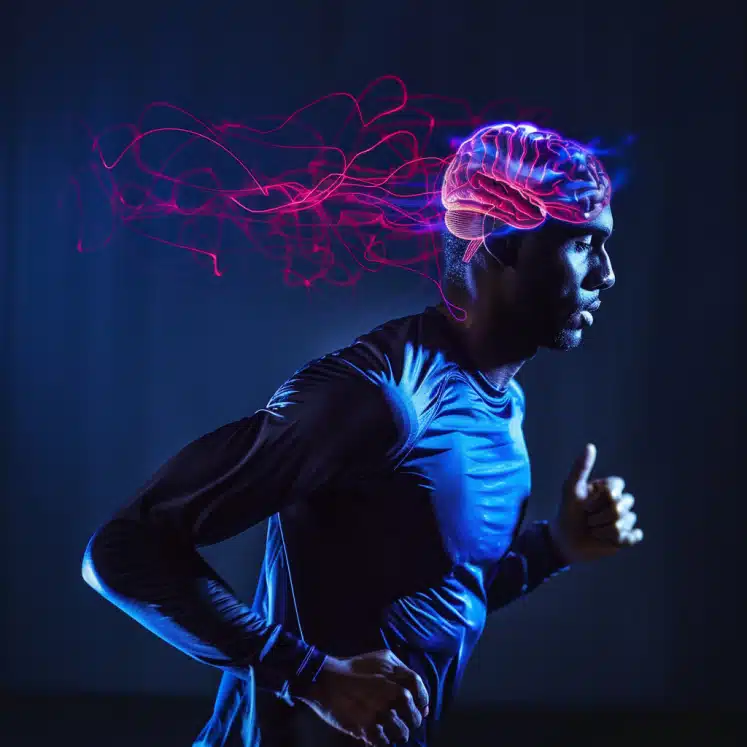High Intensity Interval Training (HIIT) Exercise Changes Brain Activity: Effects on Dopamine D2 Receptors & Mu Opioid Receptors (2024 Study)
High-intensity exercise (HIIE) leads to significant changes in brain activity, specifically in regions linked to dopaminergic and μ-opioidergic neurotransmission, which are associated with a mood boost. Highlights: Positive Mood Effects: Both low- and high-intensity exercise increased positive affect, as measured by the PANAS Positive Affect scale. Brain Activity Changes: HIIE resulted in significant decreases in …








